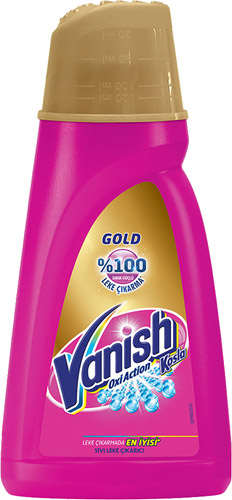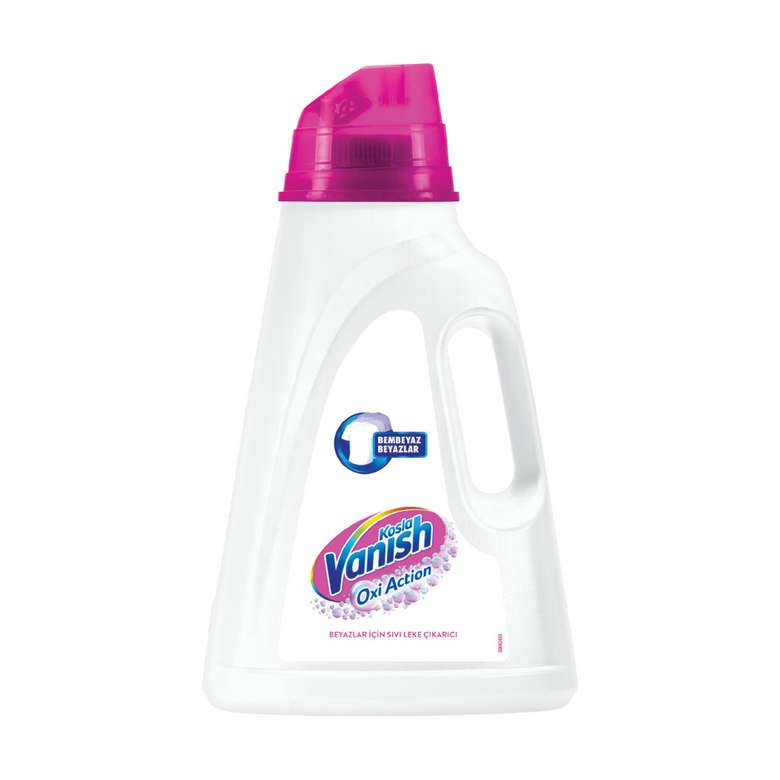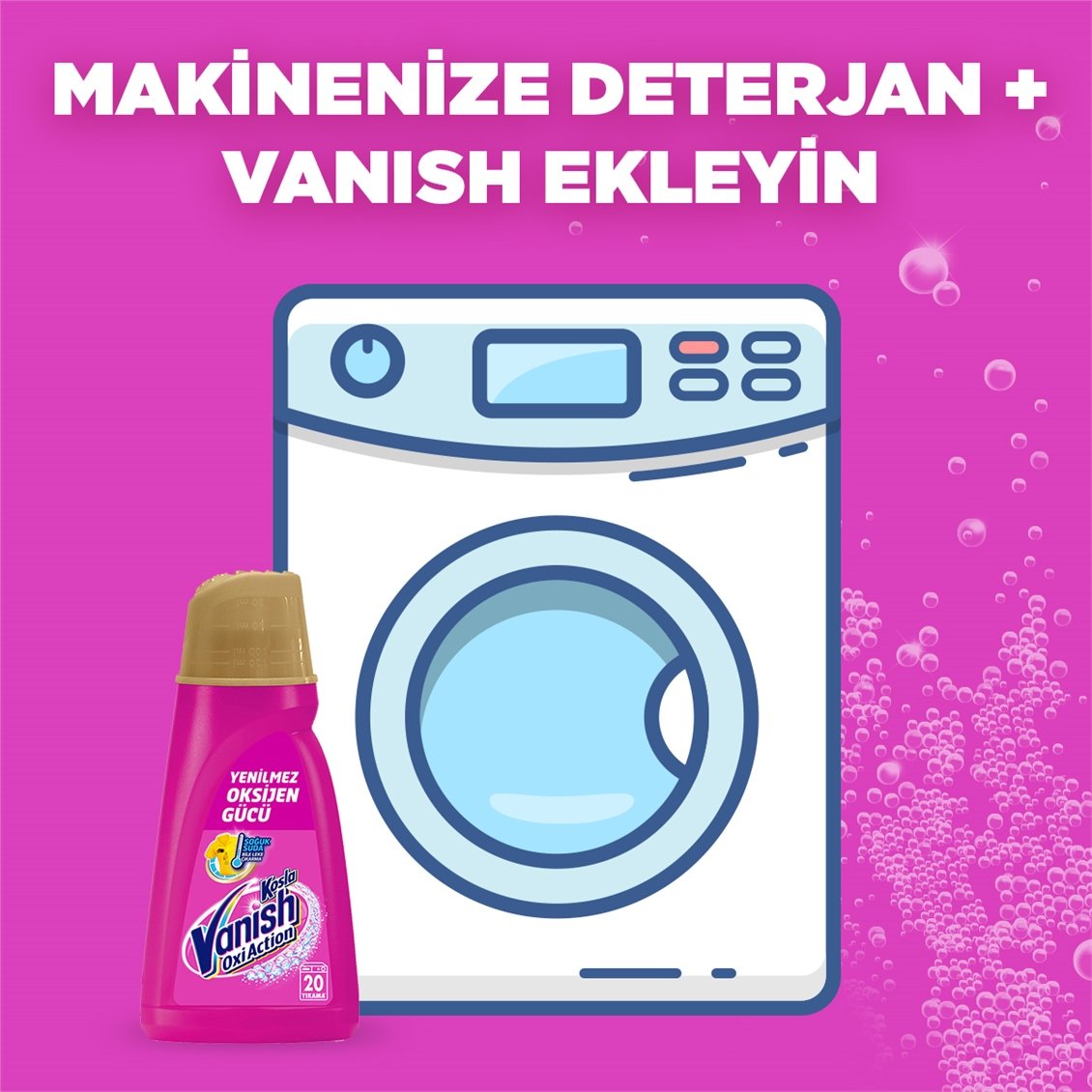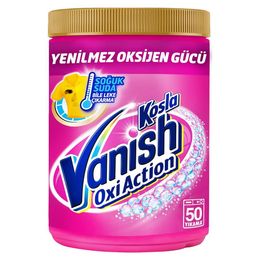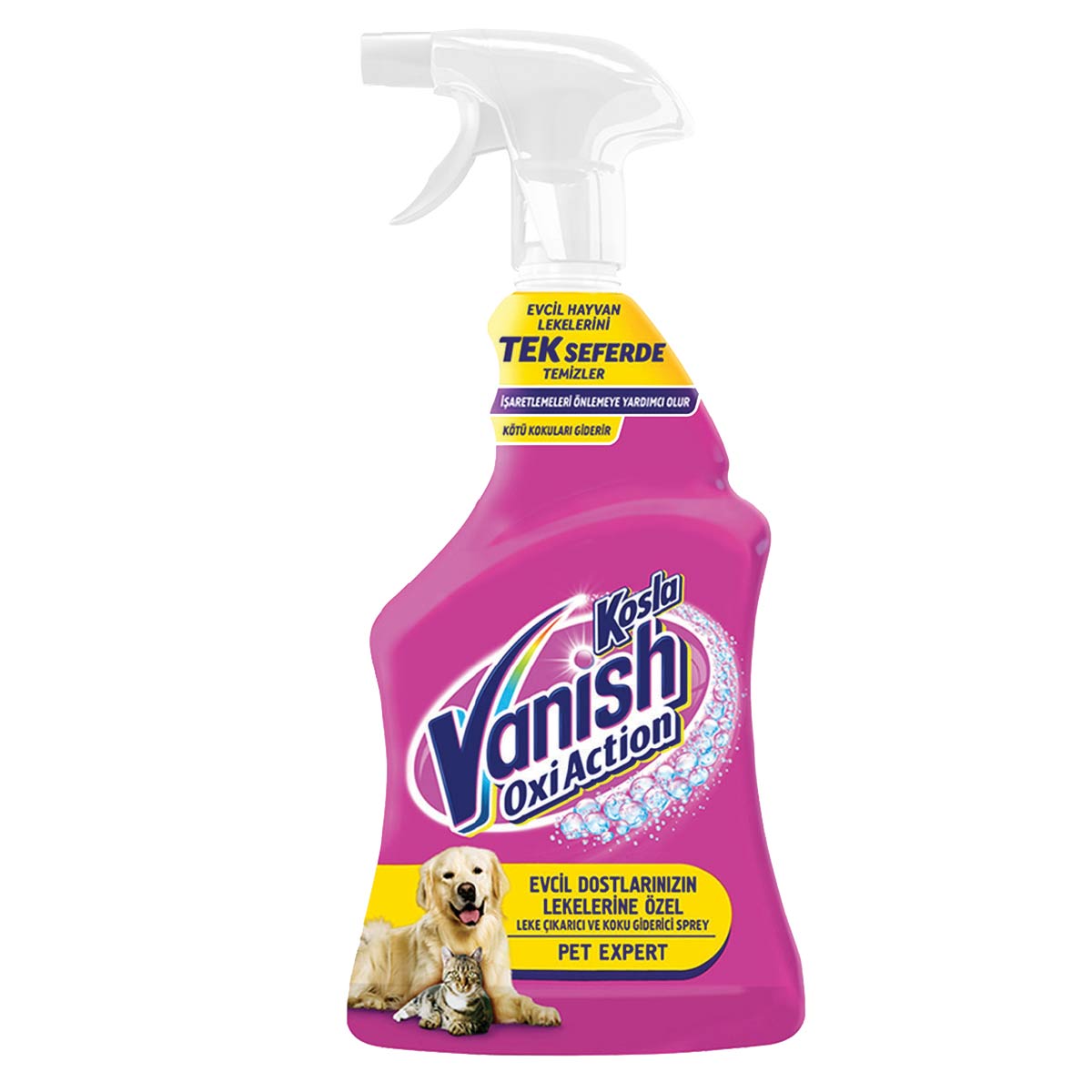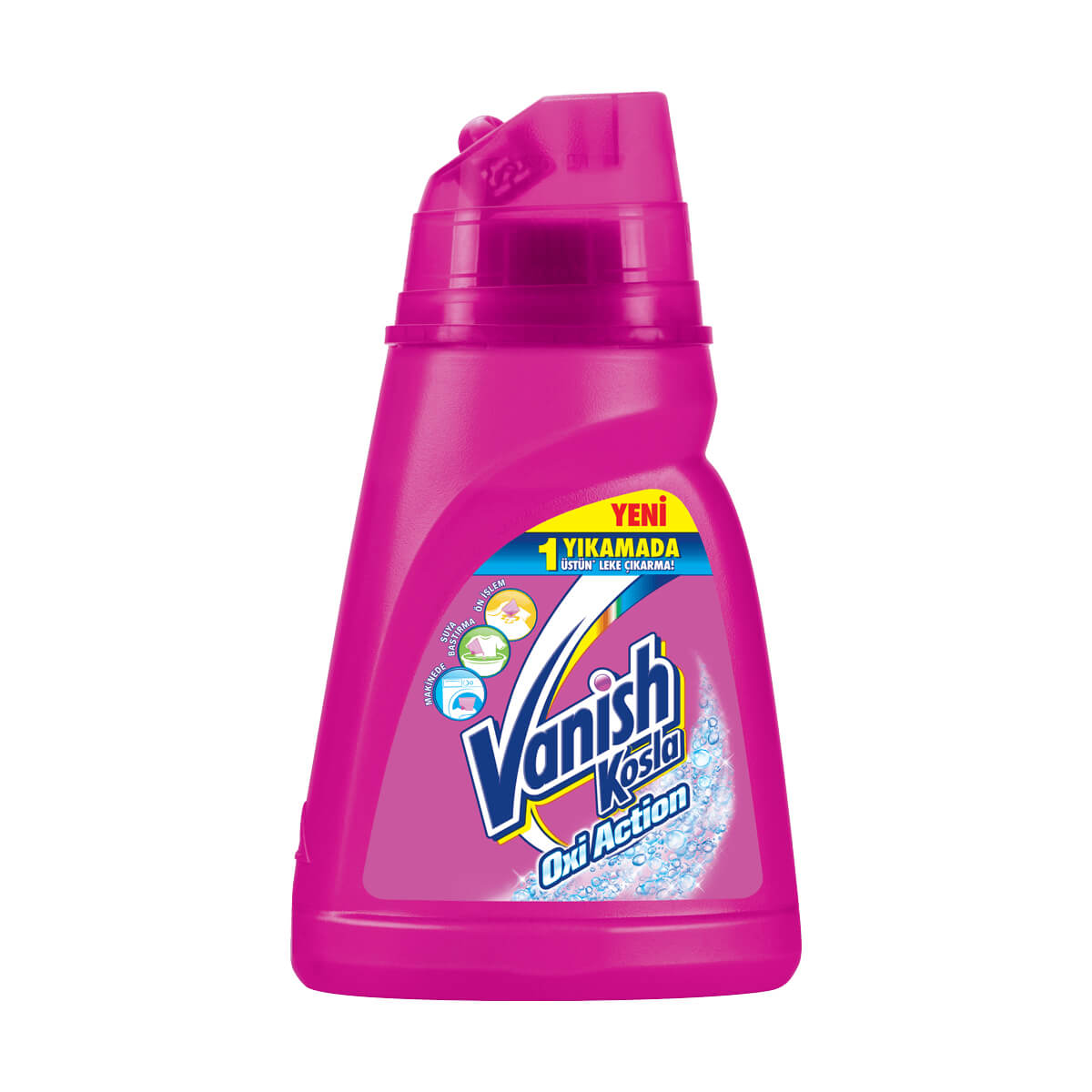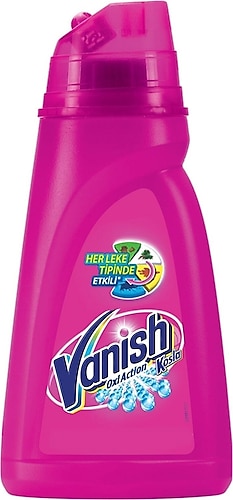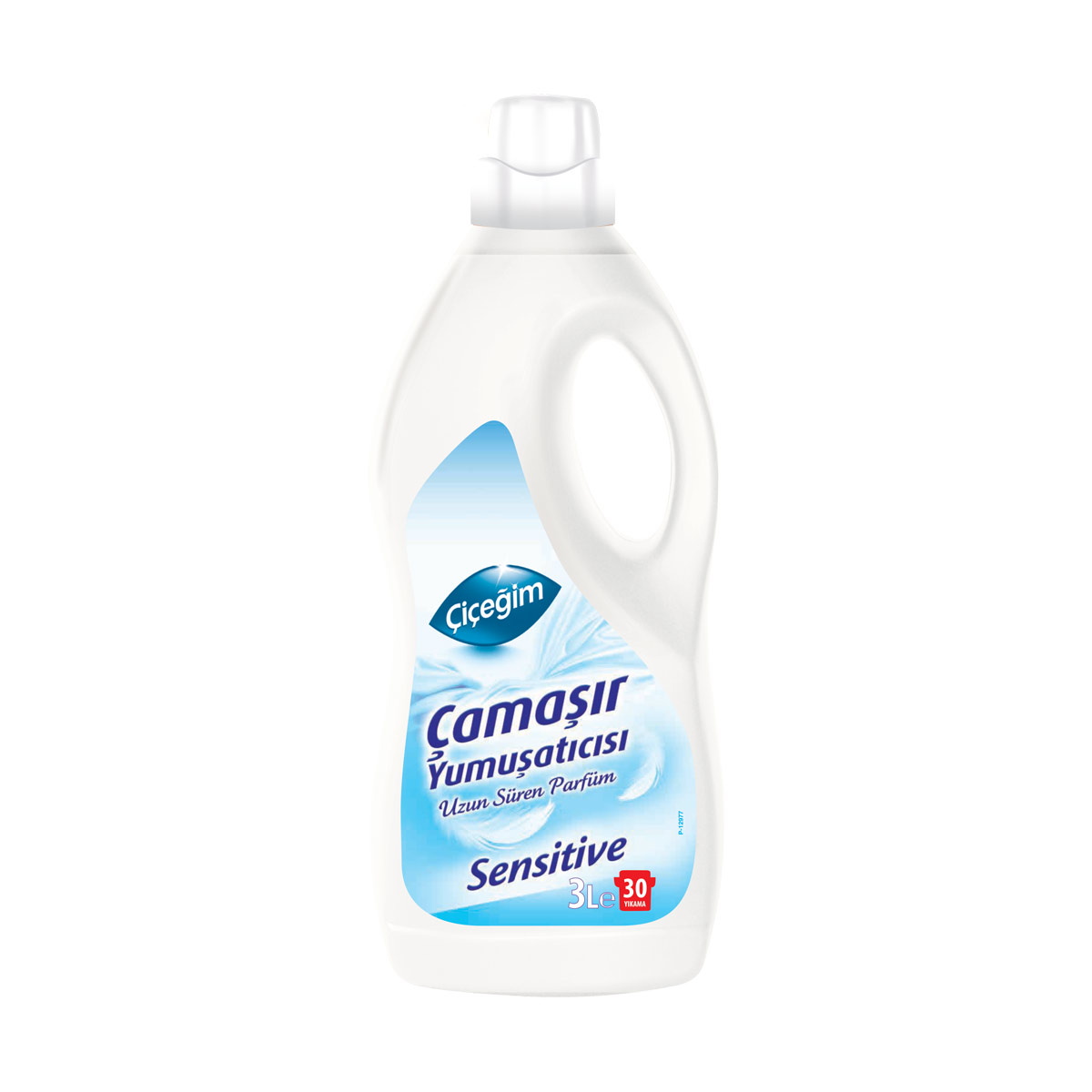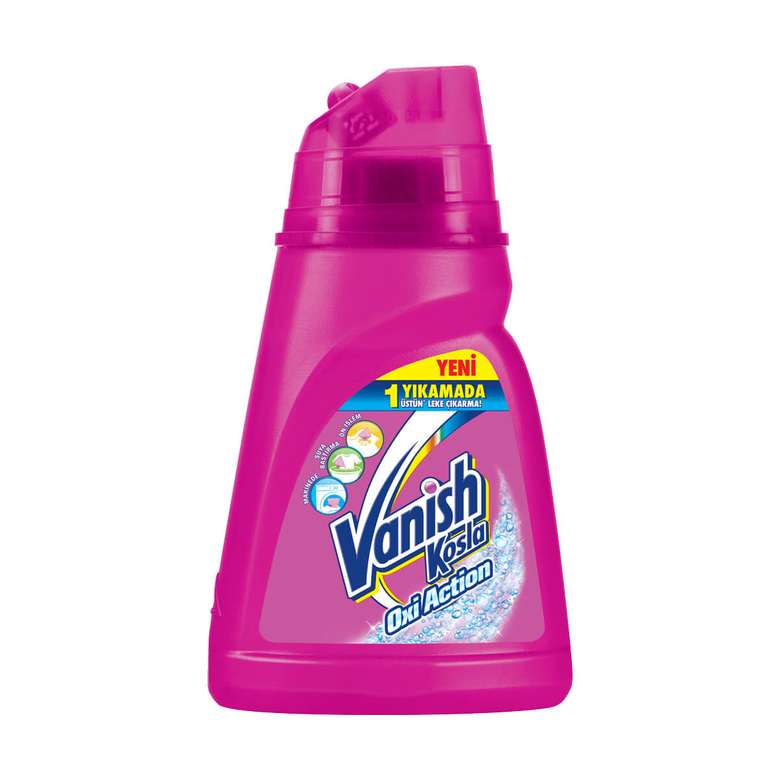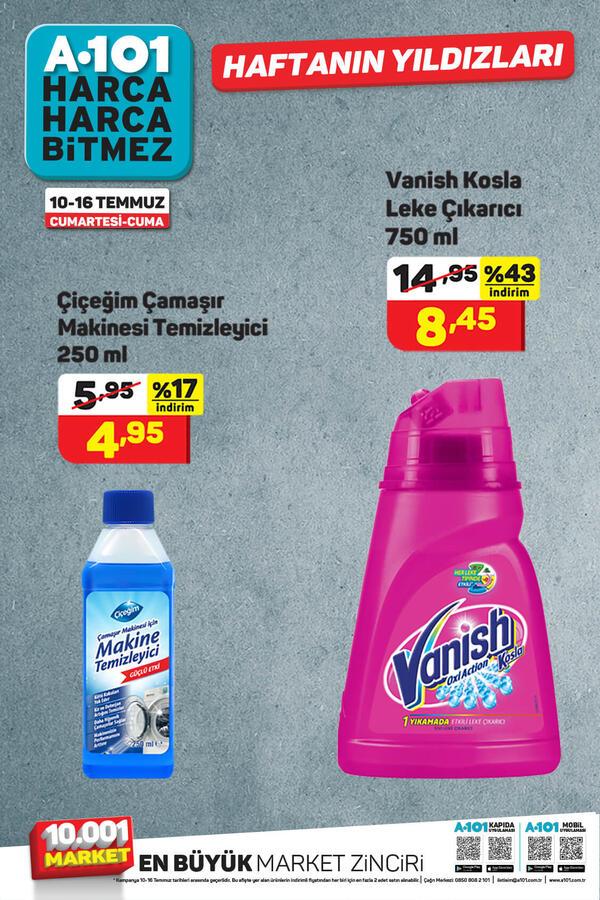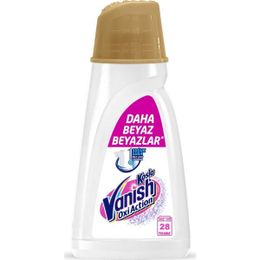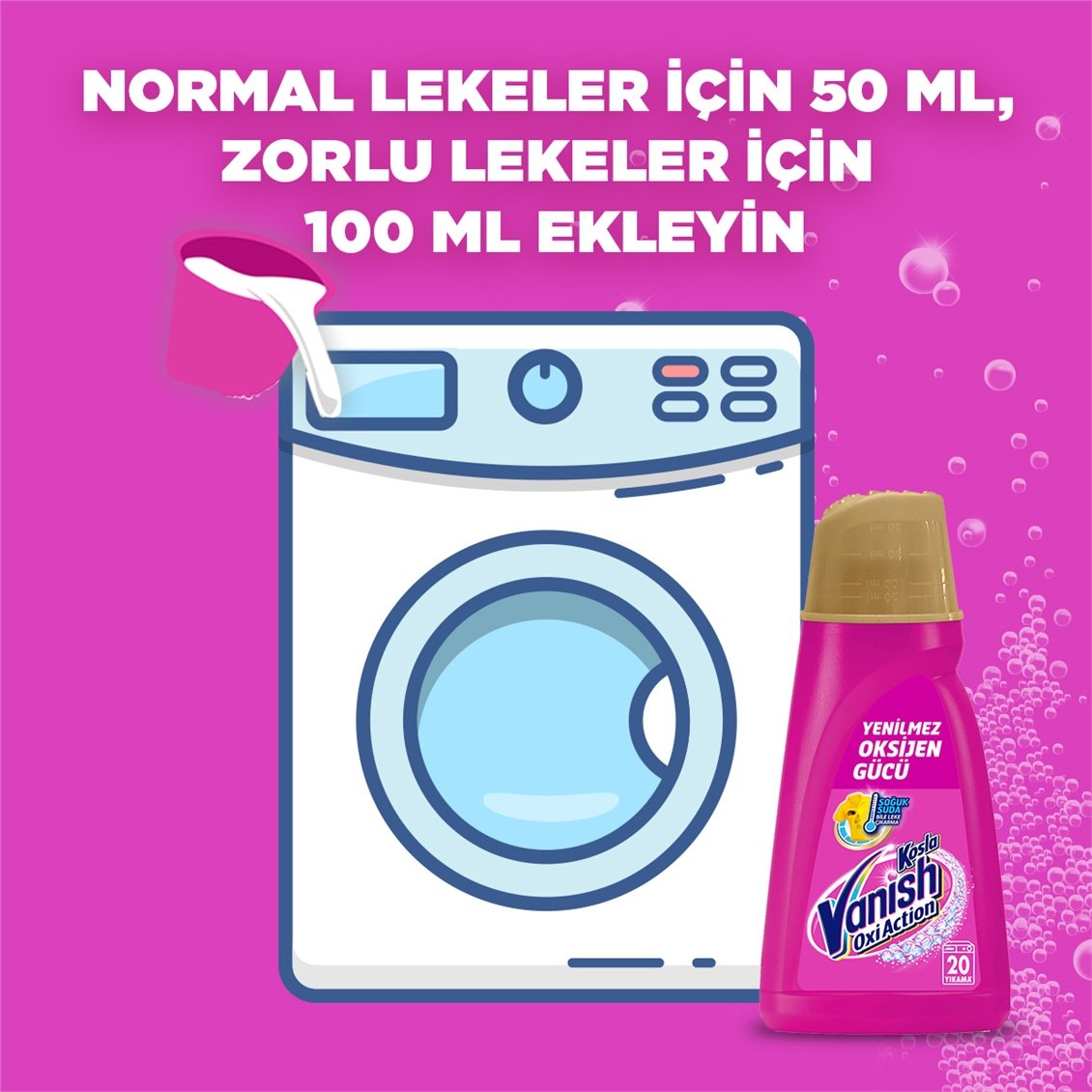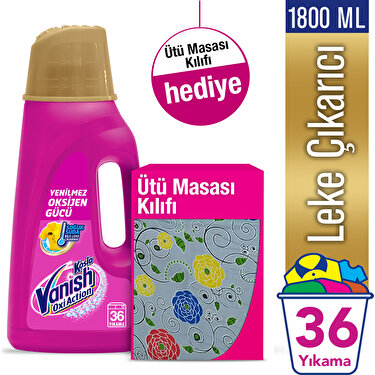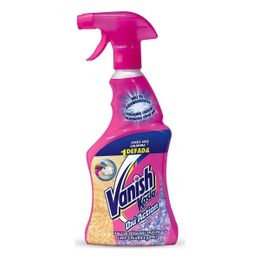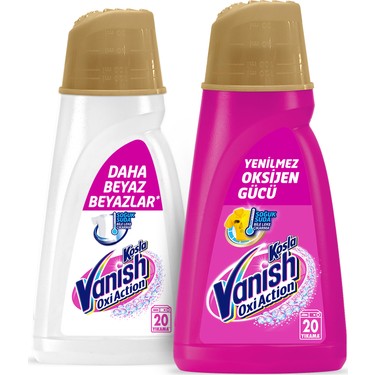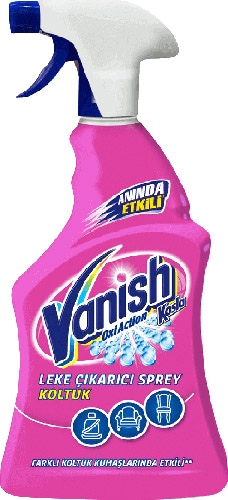
Vanish Kosla Oxi Action 660 ml Koltuklar için Leke Çıkarıcı Sprey Fiyatları, Özellikleri ve Yorumları | En Ucuzu Akakçe
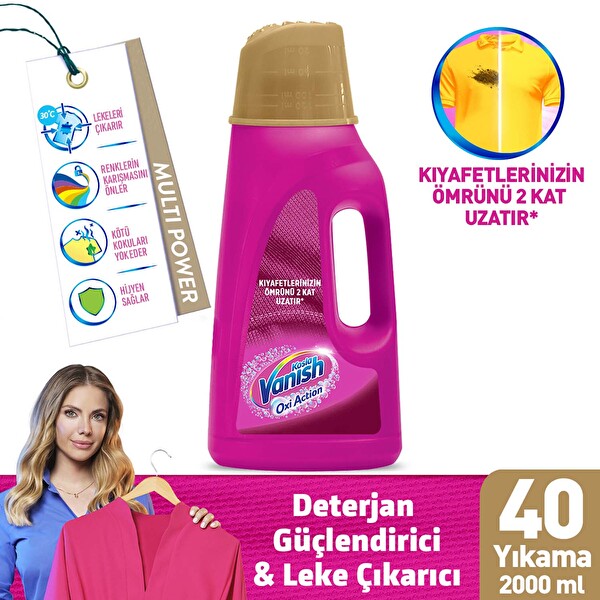
Vanish Kosla Multipower Renkliler Için 2000 ml Sıvı Leke Çıkarıcı Deterjan Güçlendirici #30142935 | CarrefourSA
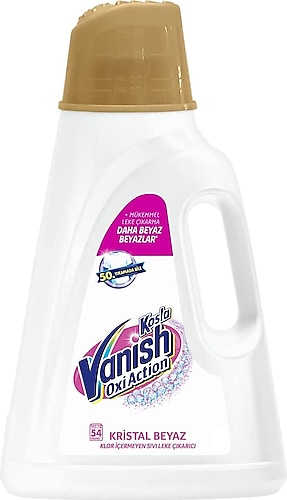
Vanish Kosla Oxi Action Gold Beyazlar için Leke Çıkarıcı 2.7 lt Fiyatları, Özellikleri ve Yorumları | En Ucuzu Akakçe

Vanish Kosla Oxi Action Gold Daha Beyaz Beyazlar için 20 Yıkama Sıvı Leke Çıkarıcı & Deterjan Güçlendirici (1 x 1000 ml) : Amazon.com.tr: Sağlık ve Bakım
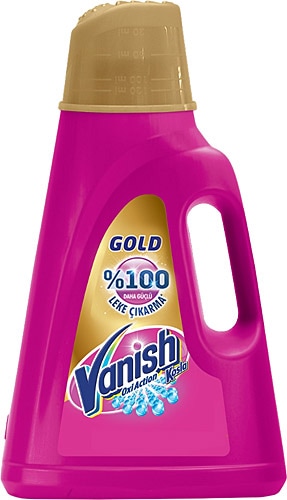
Vanish Kosla Oxi Action Gold Renkliler için Leke Çıkarıcı 2.7 lt Fiyatları, Özellikleri ve Yorumları | En Ucuzu Akakçe

Kosla Vanish Oxi Action Renkliler İçin Leke Çıkarıcı 2700 ml. - 54 Yıkama - 2 Adet Fiyatı, Yorumları - Trendyol

Vanish Kosla Oxi Action Gold Sıvı Leke Çıkarıcı Renkliler için 54 Yıkama Sıvı Leke Çıkarıcı & Deterjan Güçlendirici (1 x 2700 ml) : Amazon.com.tr: Sağlık ve Bakım
